Unlocking Practical Climbing Skills Through Reading!
Knowledge Base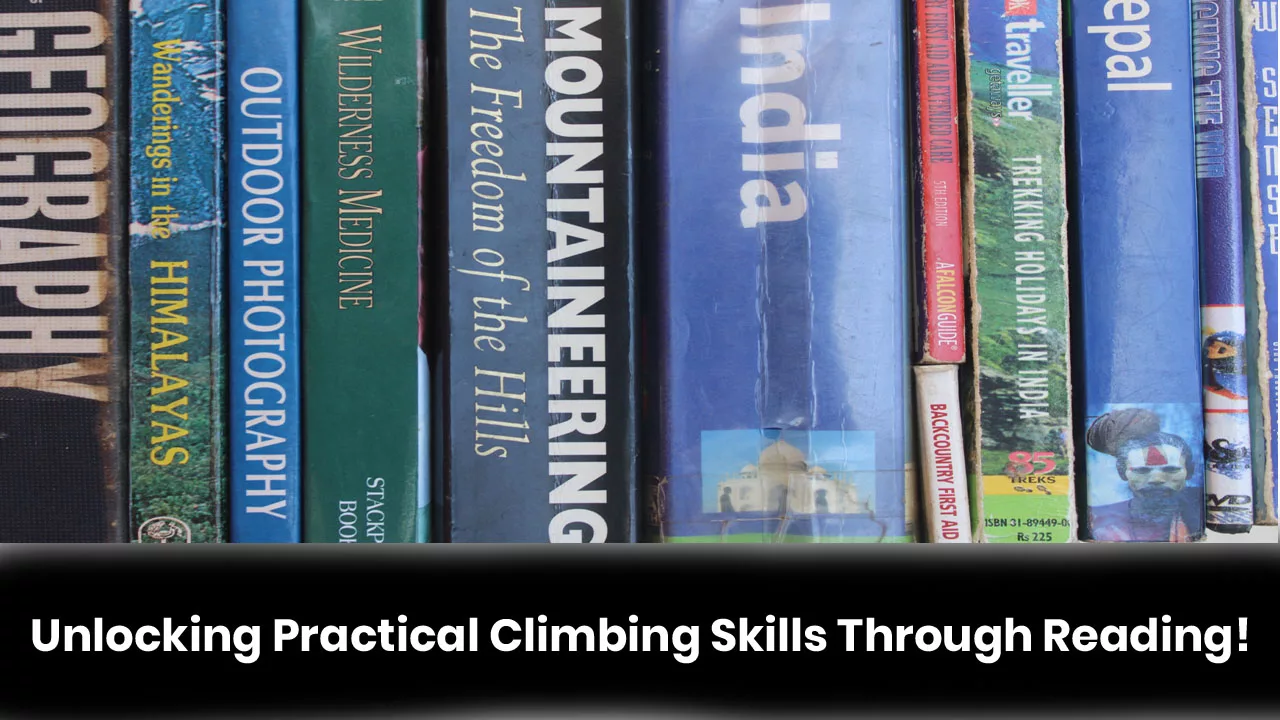
While reading books is a good foundation for learning practical skills, practice, experimentation, and guidance from experts are essential to becoming more proficient in a field. By combining reading and practical experience, individuals can continue to enhance their skills and achieve their goals. We will be uncovering practical climbing skills by reading this article!
Can Reading Books Train You to Practical Skills?
Reading books is a great way to improve practical skills in various fields, including cooking, photography, writing, programming, and music. By reading books, individuals can gain new techniques, knowledge, and inspiration to enhance their abilities in these areas. For instance, reading cookbooks can help individuals learn about ingredients, seasoning, and recipe adaptation. While reading photography books can provide insights into camera settings, framing, and lighting.
Similarly, reading books on writing can teach grammar, style, and structure. While programming books can teach new programming languages and design patterns. Moreover, music theory books can improve music understanding, ear training, and the ability to play by ear.
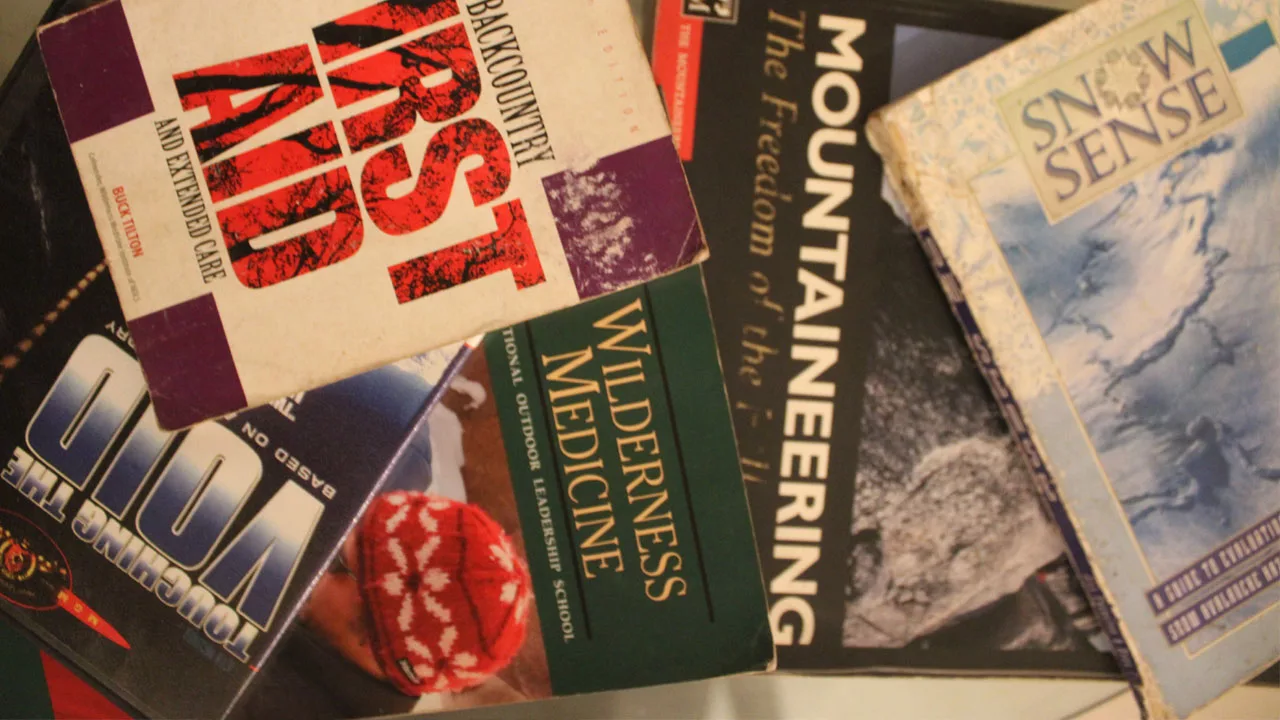
Is This Also True For Climbing?
Yes, reading books can also help you improve your skills in climbing. However, it’s worth noting that practical experience is still a crucial component of developing any skill. While reading books can provide you with a foundation of knowledge. Though you still need to practice and apply what you’ve learned in real-world situations to truly master a skill.
Practical Climbing Skills Through Reading
- Techniques and Strategies
- Safety and Risk Management
- Mental Training
- Inspirational Stories
- Training and Nutrition
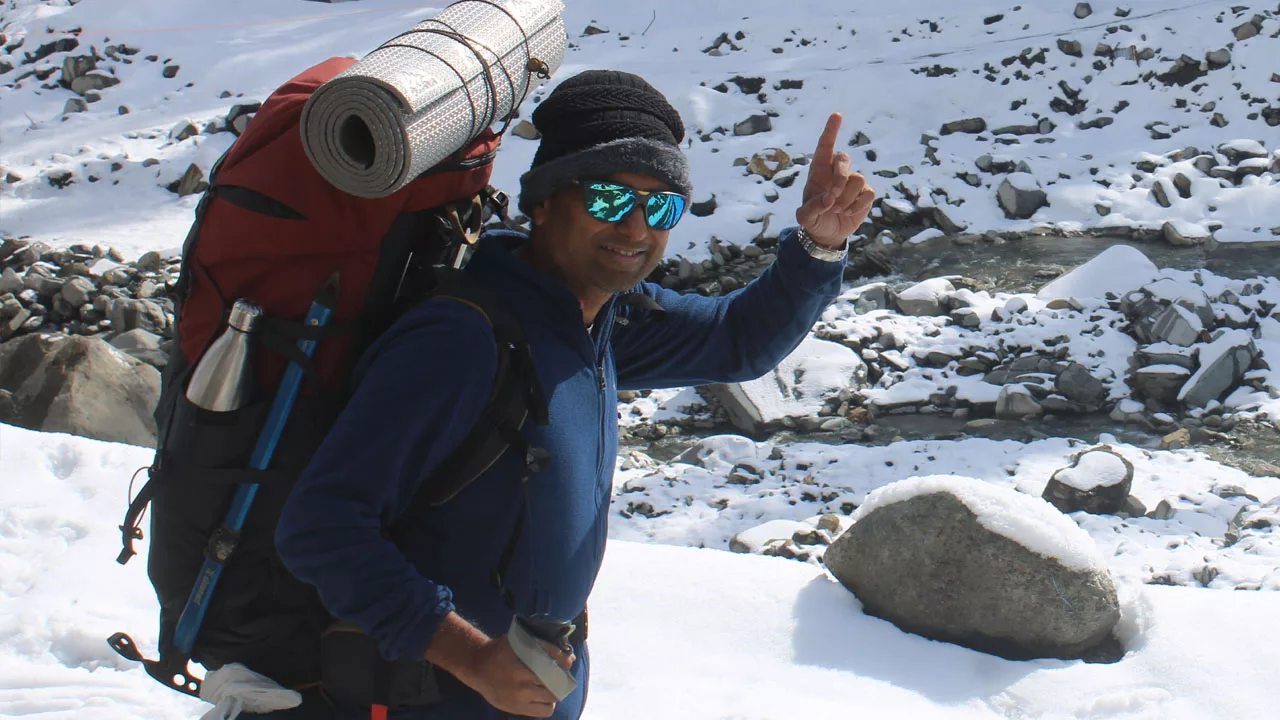
Techniques and Strategies:
Books on rock climbing can provide detailed explanations and illustrations of various climbing techniques and strategies. For instance, books on bouldering can provide insights into different types of moves like mantles, dynos, or drop knees. Similarly, books on sport climbing can cover topics like clipping techniques, anchors, and rope management. By reading and understanding these techniques, you can develop your skills and employ them in the field.
- “The Freedom of the Hills: Mountaineering” – This comprehensive reference, edited by the Mountaineers, covers all areas of climbing, from safety to advanced skills. It’s a must-read for any climber, whatever of skill level.
- “Training for the New Alpinism” – Steve House and Scott Johnston’s book is an essential guide for anyone looking to improve their climbing fitness and technique. The book covers everything from training programs to nutrition and is designed to help climbers of all levels reach their full potential.
Safety and Risk Management:
Reading books on climbing safety can provide you with important information on how to manage risks while climbing. These books can cover topics like the proper use of climbing equipment, rope management, and anchor systems. Understanding these concepts can help you prevent accidents and improve your safety while climbing.
- “Eiger Dreams” – Jon Krakauer’s collection of mountaineering articles is considered a classic in the climbing world. It’s an enthralling look into the characters, motives, and dangers of the world’s best climbers.

Mental Training:
Climbing books can also cover the mental aspect of climbing, including fear management, visualization, and focus. For instance, books on mental training can provide you with strategies for staying calm and focused while climbing, as well as ways to overcome fear and doubt. By incorporating these strategies, you can enhance your mental fortitude and climb more confidently.
- “The Rock Warrior’s Way” – Arno Ilgner’s book is a must-read for any climber looking to improve their mental game. Ilgner’s approach to climbing psychology is based on the principles of martial arts and teaches climbers how to overcome fear and self-doubt to climb at their best.
Inspirational Stories:
Reading books about climbers who have accomplished great feats can provide inspiration and motivation to improve your skills. These books can also give you an insight into the different experiences and challenges that climbers encounter, helping you to prepare yourself for various situations.
- “Touching the Void,” Joe Simpson’s riveting story of his near-fatal ascent in the Peruvian Andes, is a horrific tale of survival and courage. It’s a monument to the human spirit and how far we can go to overcome hardship.
- “The White Spider” – Heinrich Harrer’s story of the first successful climb of the Eiger’s North Face is a mountaineering classic. It’s an enthralling look into alpinism’s history and the extraordinary feats of endurance and skill that climbers are capable of.
Training and Nutrition:
Books on training and nutrition can also help you improve your climbing skills by providing information on how to train your body and fuel it effectively for climbing. These books can cover topics like strength and conditioning, endurance training, and recovery techniques.
Overall, reading books can provide you with a wealth of knowledge and strategies that can help you improve your skills and achieve your goals in rock climbing.
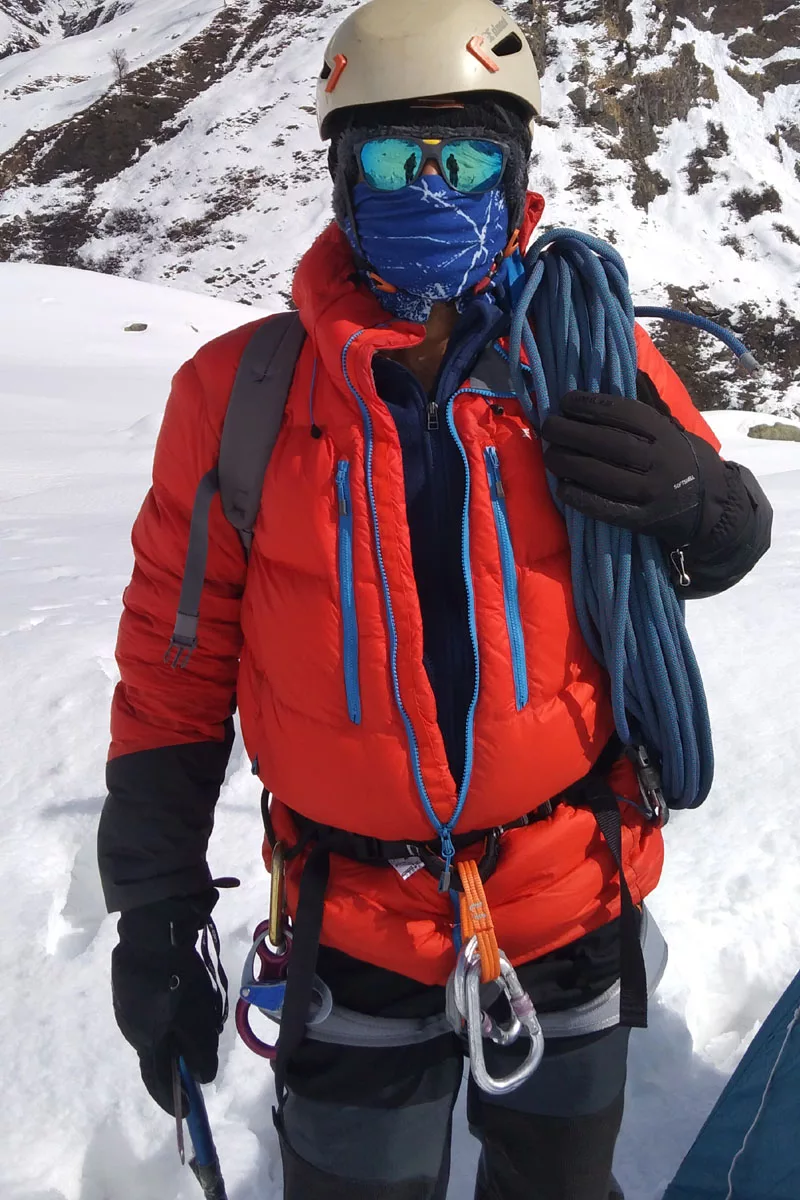
Are there any real-life examples of persons who developed climbing skills by reading books?
While it is possible to learn about rock climbing and mountaineering through reading books, it is generally not recommended to rely solely on books for practical skill development. Mountaineering & Rock climbing involves physical and mental challenges that require hands-on experience, guidance from experienced climbers, and proper training to ensure safety.
That being said, there are some stories of climbers who have learned basic skills through reading and then developed them through practice. For instance, Reinhold Messner, one of the most accomplished mountaineers in history, has talked about how he learned the basics of climbing from reading books before embarking on his climbing adventures.
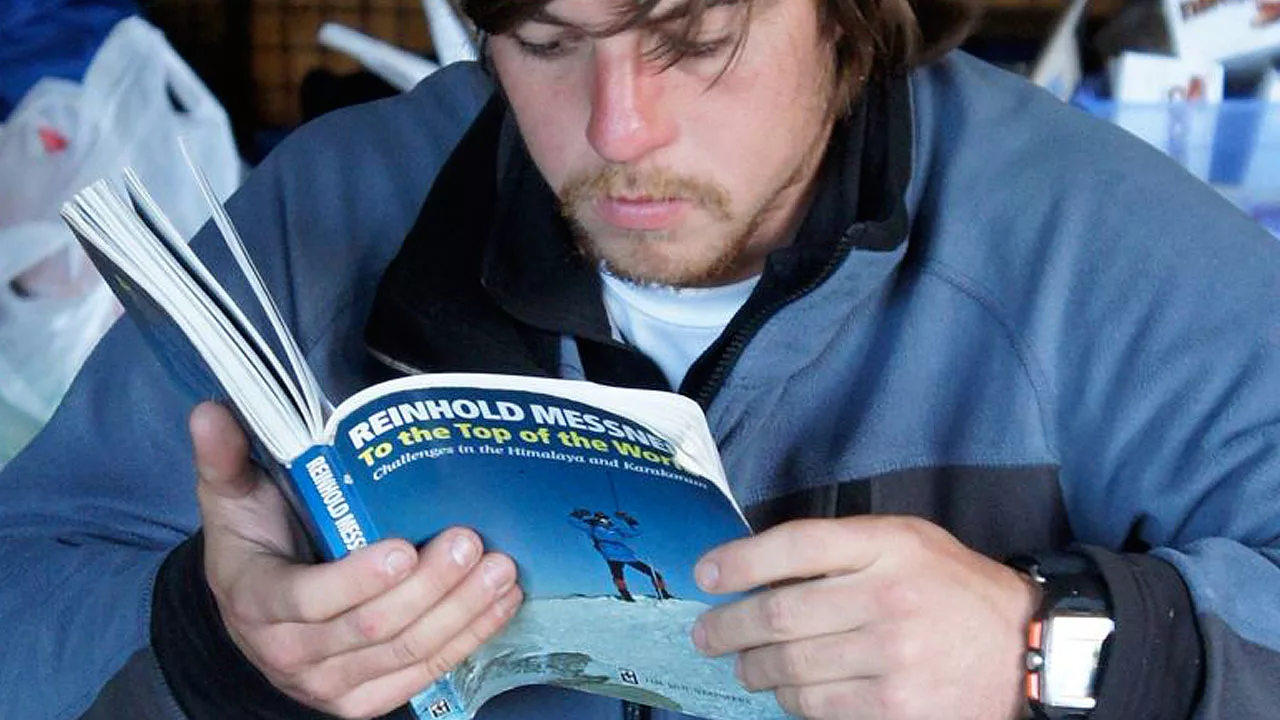
However, it’s worth noting that Messner did not solely rely on books, but also sought out mentors and practical experience to develop his skills. Similarly, other climbers may have initially learned about climbing through books but still received guidance and training from experienced climbers.
In conclusion, while reading books can provide a good foundation of knowledge and techniques, it is important to combine it with practical experience and guidance from experienced climbers to develop practical skills and ensure safety in rock climbing.
Recommended Reading List of Books
- “Allen and Mike’s Really Cool Backpackin’ Book” by Allen O’Bannon and Mike Clellan – A decent basic backpacking reference with excellent images.
- “Mountaineers Handbook” by Craig Connally – A fresh take on all elements of mountaineering that is both interesting and well-written. Craig Connally has strong beliefs and is not hesitant to express them.
Glacier Travel Training Books
- “Glacier Mountaineering An Illustrated Guide to Glacier Travel & Crevasse Rescue” by Andy Tyson & Mike Clelland – The superb illustrations are not only amusing but also simple to understand.
- “The Complete Guide to Rope Technique” by Nigel Shepherd -There are several instructions and photographs for knots and simple rope systems.
Rescue and Avalanche
- “Glacier Travel and Crevasse Rescue” by Andy Selters – A more conventional technique to crevasse rescue.
- “Snow Sense: A Guide to Evaluating Snow Avalanche Hazard” by Jill Fredston and Doug Fesler – A textbook about avalanches. Extremely readable.
- “Staying Alive in Avalanche Terrain” by Bruce Tremper – A little more technical than Snow Sense.
Wilderness First Aid
- “Wilderness Medicine: Beyond First Aid” by William Forgey – The standard WFR textbook is a wilderness medicine classic.
Other Books
- “Endurance: Shackelton’s Incredible Voyage” by Alfred Lansing – More on the exquisite art of suffering and extraordinary leadership.
- “Into Thin Air” by Jon Krakauer’s – Compelling account of the disastrous 1996 Everest trip is a poignant reminder of mountaineering’s perils and rewards.